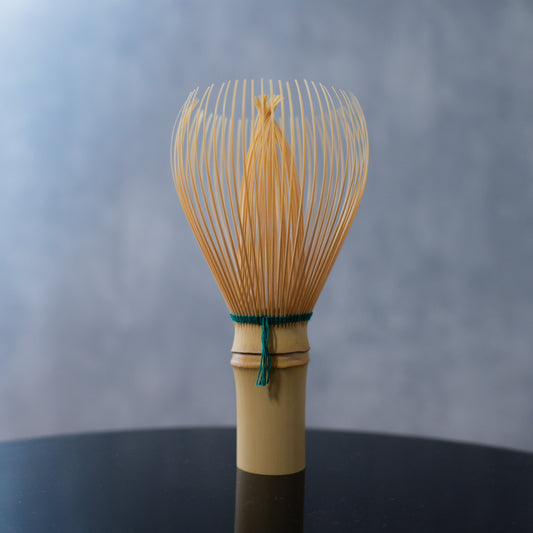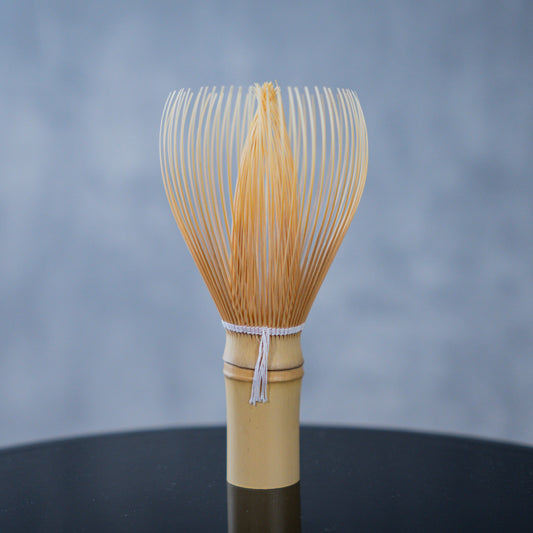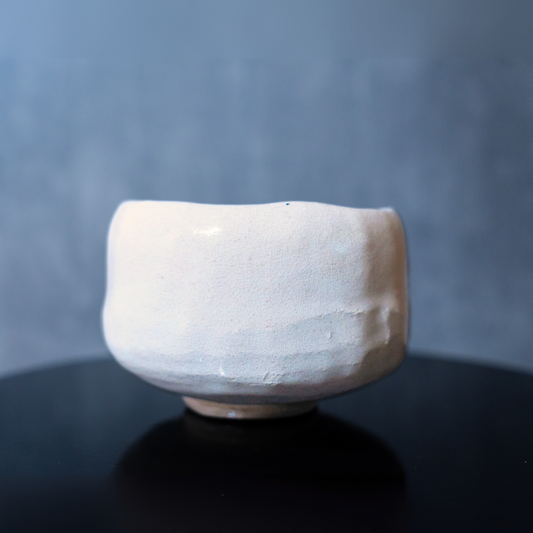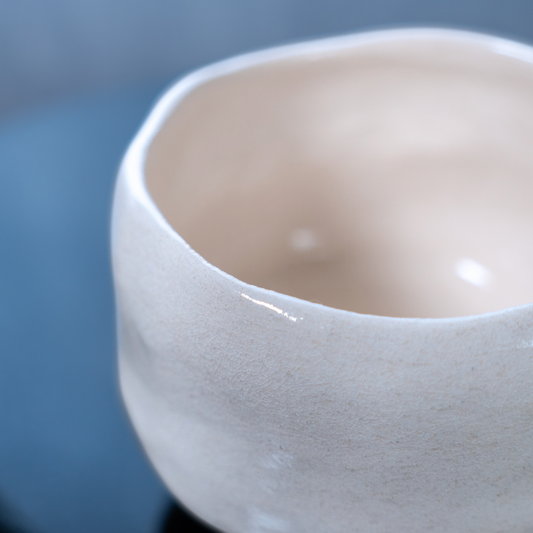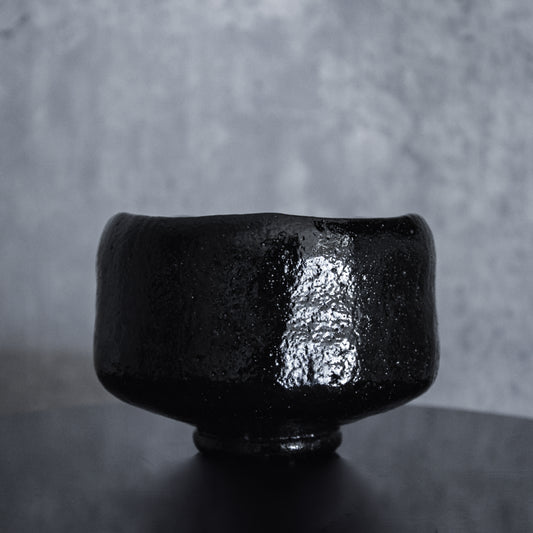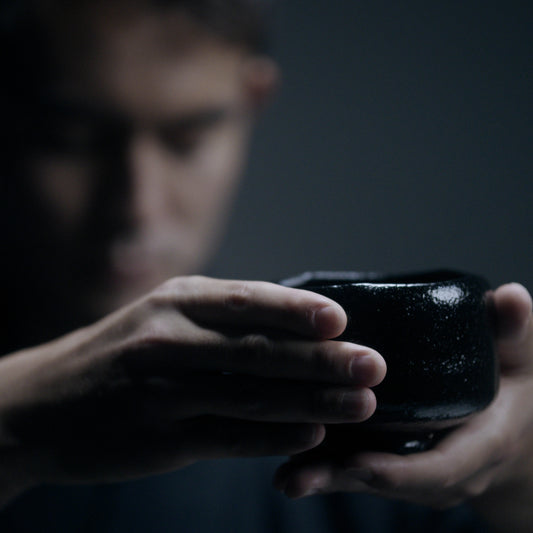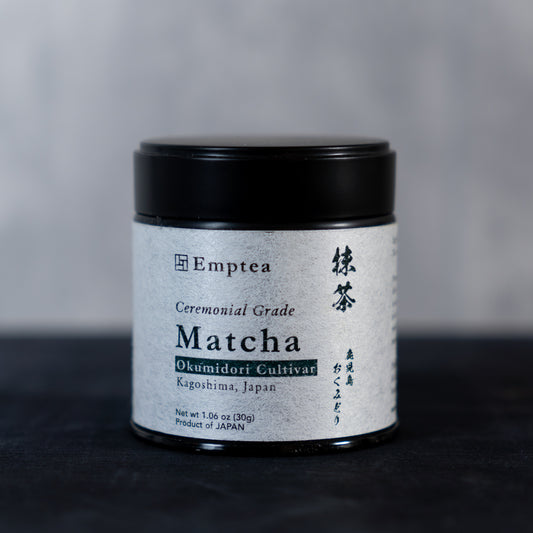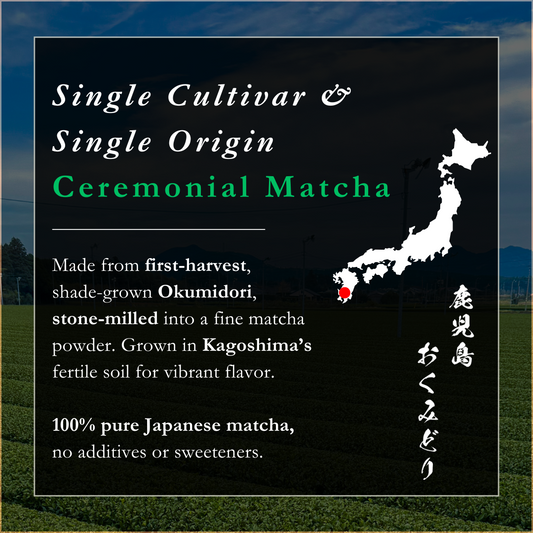Sado, the Japanese tea ceremony, is a centuries-old tradition focused on the meticulous preparation and presentation of matcha. Rooted in Zen Buddhism, it harmonizes aesthetics, mindfulness, and ritual, transforming tea-drinking into an art form of serene beauty and cultural depth. This guide introduces you to the essence of Sado, its cultural significance, and practical insights into its practice.
The Essence of Sado
Meaning "the way of tea," Sado embodies harmony, respect, purity, and tranquility. Infused with Zen philosophy, it cultivates mindfulness in every gesture and breath. The ceremony offers a sanctuary from modern chaos, encouraging participants to embrace the present moment, forging deep connections with self and surroundings.
The History of Sado
Sado gained favor among Japan's elite and was refined by Zen monks for its meditative qualities. In the 16th century, Sen no Rikyu elevated and popularized Sado with principles of simplicity, humility, and finding beauty in imperfection. Today, Sado remains a cornerstone of Japanese heritage, evolving while preserving its cultural authenticity.

Tools and Utensils
During the Sengoku period, samurai prized rare items as symbols of status, treasured and passed down as artistic heirlooms. Sado’s essential tools include the chawan (tea bowl), chasen (bamboo whisk), chashaku (tea scoop), fukusa (tea cloth), and natsume (tea caddy). Each item, chosen for seasonal appropriateness and aesthetic harmony, enriches the authentic tea ceremony experience.
The Ritual of Sado
Sado's ritual unfolds through precise, mindful steps. Following traditional Japanese etiquette, the host prepares and serves tea to guests, embodying the spirit of hospitality (Omotenashi). This ritual not only involves drinking tea but also embodies principles such as wabi-sabi, the appreciation of imperfection and impermanence, fostering a deeper sense of beauty and mindfulness.
Sado in Modern Times
Sado, deeply traditional and spiritual, continues to resonate today, offering a much-needed escape for those in fast-paced, chaotic lives. While it hasn't significantly adapted to modern forms, its timeless principles of tranquility, mindfulness, and reflection remain invaluable, providing a peaceful counterbalance to contemporary stresses.

Sado, like other traditional Japanese practices, follows the path of "道" (Dō), nurturing spiritual growth through disciplined practice. It goes beyond the tea ceremony to foster daily mindfulness and simplicity. By focusing on the present moment and respecting one's environment, Sado enriches life with tranquility and inner peace, providing a serene counterbalance to the chaos of modern life.


